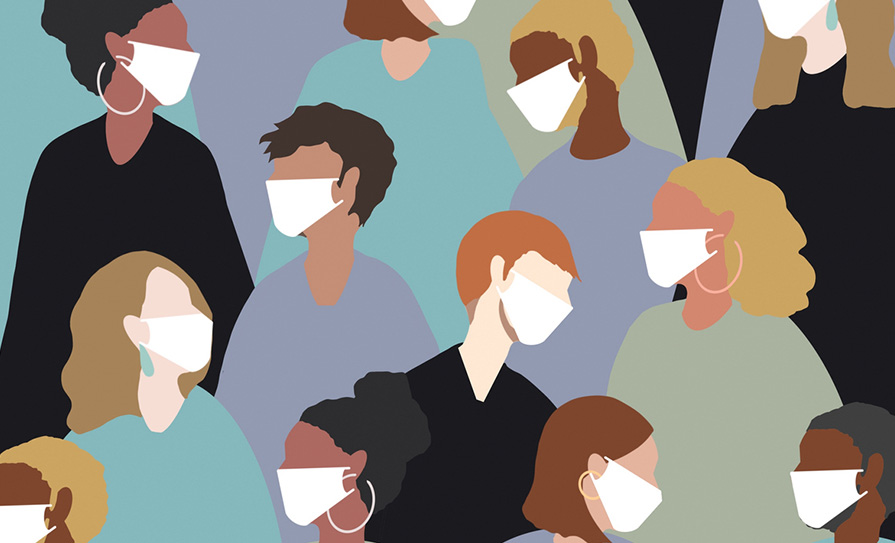The study, which is published in JAMA Neurology, found that the risk of depression was 28 per cent higher and the risk of anxiety was 40 per cent higher among adults with cerebral palsy.
As part of the study to examine the incidence of depression and anxiety among adults with cerebral palsy, the researchers used data on 1,705 adults with cerebral palsy and 5,115 adults without cerebral palsy.
“These findings support the need to consider cerebral palsy as a lifelong condition and to identify and address mental health problems among people with cerebral palsy alongside physical health problems,” said Dr Jennifer Ryan, Research Lecturer at RCSI.
“Despite historically being considered a paediatric condition, the majority of adults with cerebral palsy live well into adulthood, and many adults with cerebral palsy experience a worsening of impairments, including a decline in mobility.
“We hope that the findings of the study will help accelerate a response to adults with cerebral palsy who report inadequate provision of coordinated health services worldwide.”
Cerebral palsy is the most common cause of childhood physical disability worldwide, and has a lifelong impact on the individual and health system. The core feature of cerebral palsy is abnormal motor functioning; however, the severity of motor impairment varies considerably amongst people with cerebral palsy.












Leave a Reply
You must be logged in to post a comment.